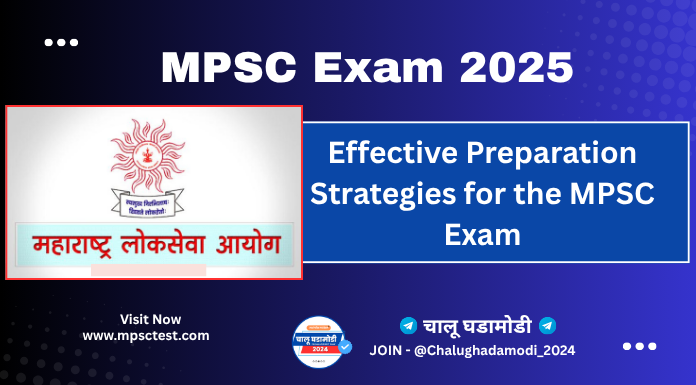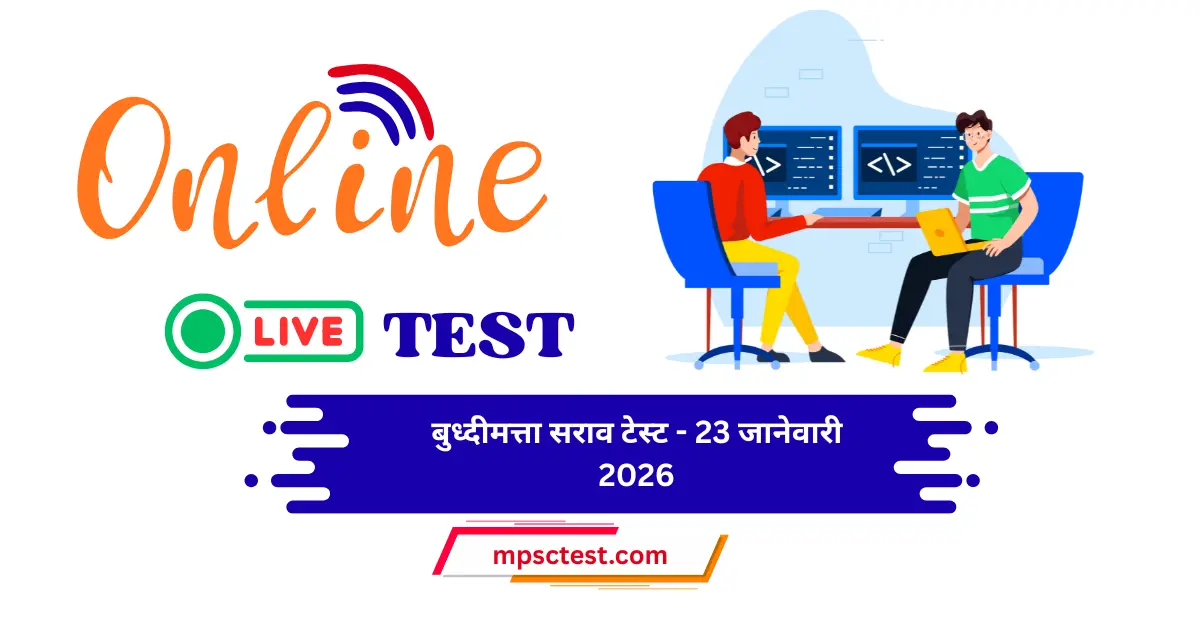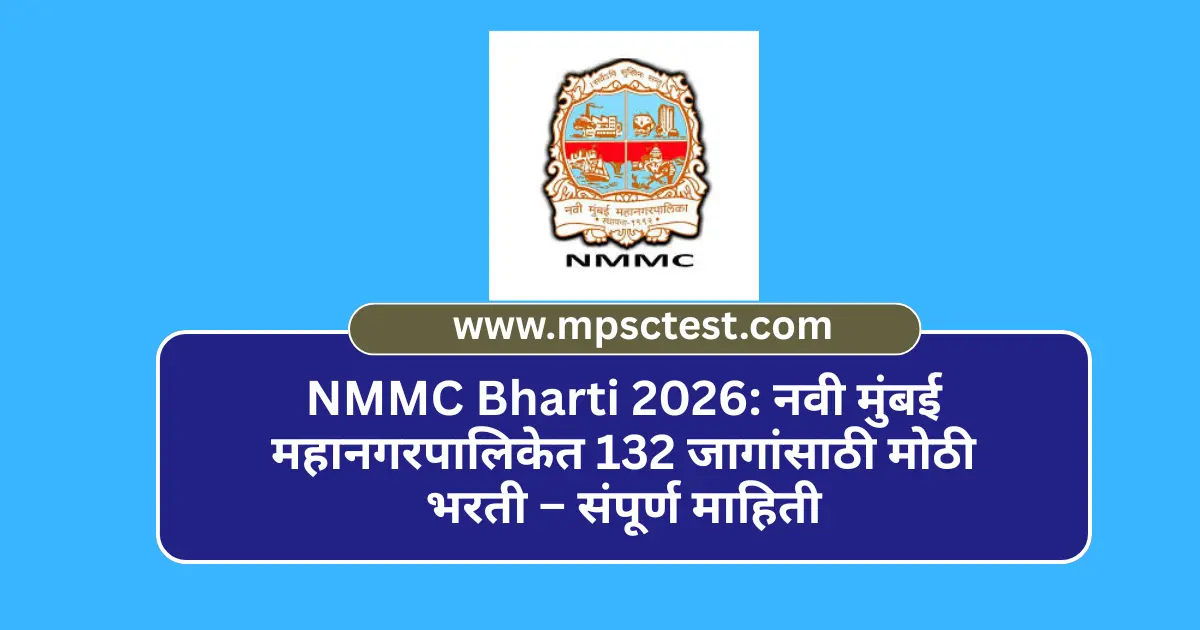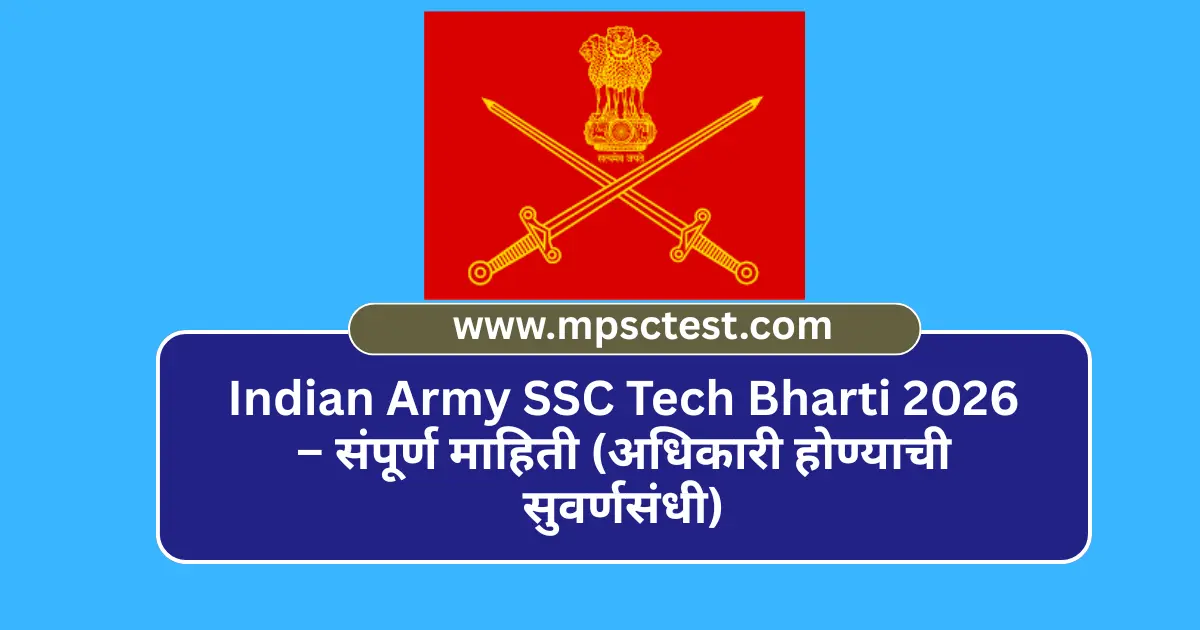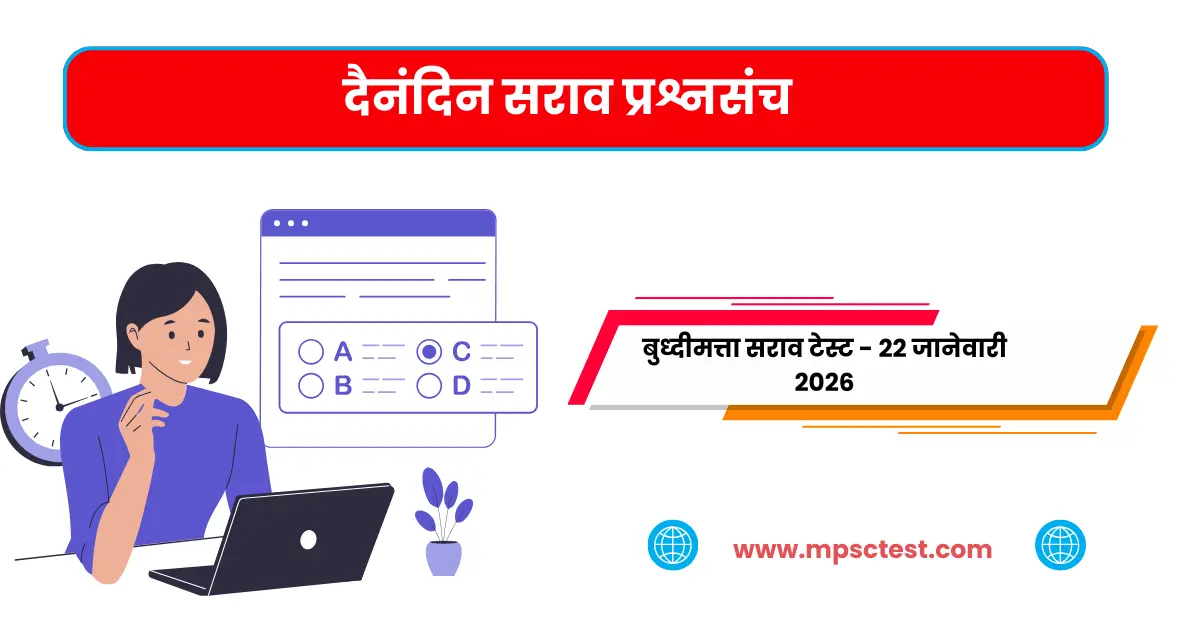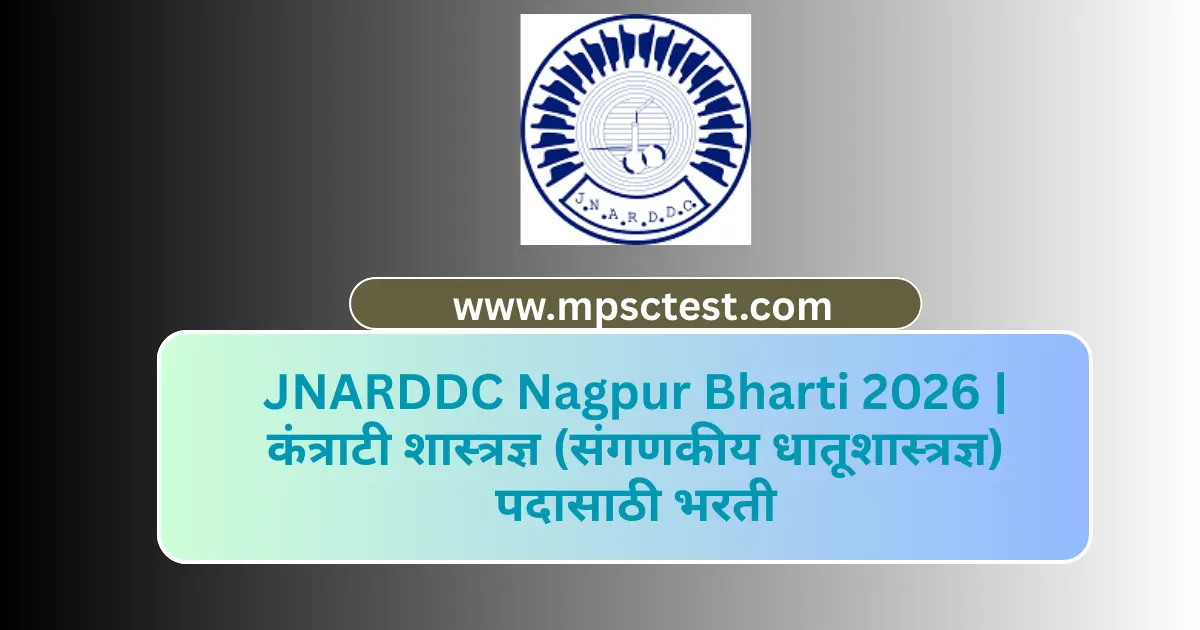Understanding the MPSC Exam Structure
The Maharashtra Public Service Commission (MPSC) exam serves as a pivotal assessment for candidates aspiring to secure positions within the Maharashtra state government. The structure of the MPSC exam is multifaceted, comprising three distinct stages: the Preliminary examination, the Main examination, and the Interview. Each stage plays a crucial role in the overall selection process, demanding a comprehensive understanding of diverse subjects.
MPSC exam structure – The Preliminary examination serves as the first filtering stage and typically includes two objective-type papers. The first paper assesses general studies, encompassing current affairs, history, geography, and polity. The second paper evaluates the candidate’s aptitude through reasoning and numerical ability. It is essential that candidates be well-versed with the syllabus of both papers, as performance in this stage determines eligibility for the subsequent Main examination.
The Main examination follows, consisting of several descriptive-type papers. Candidates are tested on a range of subjects, including Marathi, English, and specific optional subjects that candidates can choose based on their interests and strengths. The importance of the Main examination cannot be overstated, as it significantly contributes to the overall score and ultimately influences selection for the next stage—the Interview. Preparation for the Main exam requires a deep understanding of both theoretical concepts and current affairs, coupled with strong writing skills.
The final stage, the Interview, evaluates the candidate’s personality traits, communication abilities, and suitability for a career in public service. This stage necessitates thorough preparation, including mock interviews and feedback from mentors. Each stage in the MPSC examination structure is integral to the selection process, hence, a strategic approach to preparation is imperative for success in this competitive landscape.
Creating a Customized Study Plan
When preparing for the MPSC exam, a well-devised study plan is paramount. This individualized approach not only helps candidates stay organized but also enhances their ability to focus on key areas necessary for success. To develop an effective study plan, it is essential to first evaluate personal strengths and weaknesses. This assessment enables candidates to allocate more time to topics that require additional attention while creating a balanced overview of the entire syllabus.
Setting realistic goals is another critical aspect of the study plan. Candidates should break down the vast syllabus into smaller, manageable sections, establishing achievable milestones along the way. For example, a timeline could be created that defines weekly and monthly goals, such as completing specific chapters or practicing a certain number of mock tests. This method not only provides direction but also fosters motivation as progress is celebrated at each milestone.
Time allocation for each subject is a strategic element of the study plan. It is advisable to devote more time to subjects that have historically posed challenges while ensuring that all topics receive adequate attention. Incorporating regular revision schedules is equally important, as it reinforces learning and aids retention. Frequent revision prevents candidates from feeling overwhelmed as the exam date approaches.
Balancing study with other commitments can be daunting; however, it is crucial for maintaining consistency in preparation. Candidates can optimize their study time by prioritizing tasks and identifying dedicated study slots. Establishing a routine helps in cultivating discipline, contributing positively to the overall learning experience. A customized study plan is instrumental in navigating the complexities of MPSC exam preparation, leading candidates toward timely and effective learning.
Effective Study Materials and Resources
To achieve success in the MPSC examination, selecting the right study materials and resources is paramount. The wide array of available options can be overwhelming; hence, it is essential to focus on materials that align well with the exam syllabus. Textbooks that are specific to the MPSC exam, such as those authored by well-known experts, should be at the core of your study plan. Books that cover the essential subjects, including history, geography, polity, and economics, provide a strong foundation for candidates.
In addition to traditional textbooks, online platforms have emerged as valuable resources for MPSC preparation. Websites and online courses offering lectures, quizzes, and interactive study sessions can enhance understanding and retention of information. Platforms like Unacademy, Byju’s, and Testbook are well-regarded for providing comprehensive study materials tailored specifically to MPSC aspirants.
Coaching institutes also play a significant role in providing structured learning paths for candidates. Enrolling in a coaching program can offer personalized guidance, regular practice sessions, and motivation through peer interaction. It is crucial to select an institute with a proven track record of success in MPSC coaching, ensuring compatibility with personal learning styles and preferences.
Mock tests are another essential tool for preparation. They simulate the exam environment and help candidates gauge their readiness while also identifying areas requiring further attention. Regularly practicing with previous years’ question papers aids in understanding the exam pattern and improves time management skills. Staying updated with current affairs is also critical, as a significant portion of the MPSC exam is centered around contemporary events. Subscribing to reputable news sources or magazines dedicated to civil services can provide the latest information necessary for effective preparation.
Test-Taking Strategies and Stress Management
To optimize performance during the MPSC exam, effective test-taking strategies are essential. One of the most critical elements is time management. It is advisable for candidates to familiarize themselves with the exam structure and allocate time accordingly to different sections. Practicing with timed mock tests can enhance this skill, allowing candidates to identify their pacing and make adjustments as necessary. Developing a clear plan for how much time to spend on each question can prevent last-minute rushes and ensure all questions are addressed.
Another vital strategy involves reading questions carefully. Many exam-takers make the mistake of misinterpreting questions due to haste. Candidates should take a moment to understand what is being asked before selecting an answer. This approach applies to all question types, whether they are multiple-choice questions, descriptive answers, or analytical problems. Understanding the nuances of the questions can significantly reduce errors and enhance accuracy.
Stress management is equally important for success in the exam. Techniques such as deep breathing exercises, visualization, and mindfulness can help candidates maintain focus and calm their nerves on the day of the exam. Additionally, cultivating a positive mindset is crucial. Engaging in regular physical activity, maintaining a balanced diet, and ensuring adequate sleep leading up to the exam can significantly boost mental health and reduce anxiety.
MPSC exam structure – Lastly, building confidence before the exam can greatly impact performance. Reviewing study materials, participating in study groups, and discussing difficult topics with peers can reinforce knowledge and instill reassurance. A well-prepared candidate is usually more confident and less stressed on exam day. By implementing these test-taking strategies and stress management techniques, candidates can create a supportive environment for themselves during the MPSC exam.
- Please Visit For More Details – MPSC Official Website – https://mpsc.gov.in/home
- RRB: तरुणांना रेल्वेमध्ये सरकारी नोकरी मिळविण्याची सुवर्णसंधी! 6238 पदांसाठी भरती सुरु
RRB: तरुणांना रेल्वेमध्ये सरकारी नोकरी मिळविण्याची सुवर्णसंधी! 6238 पदांसाठी भरती सुरु

